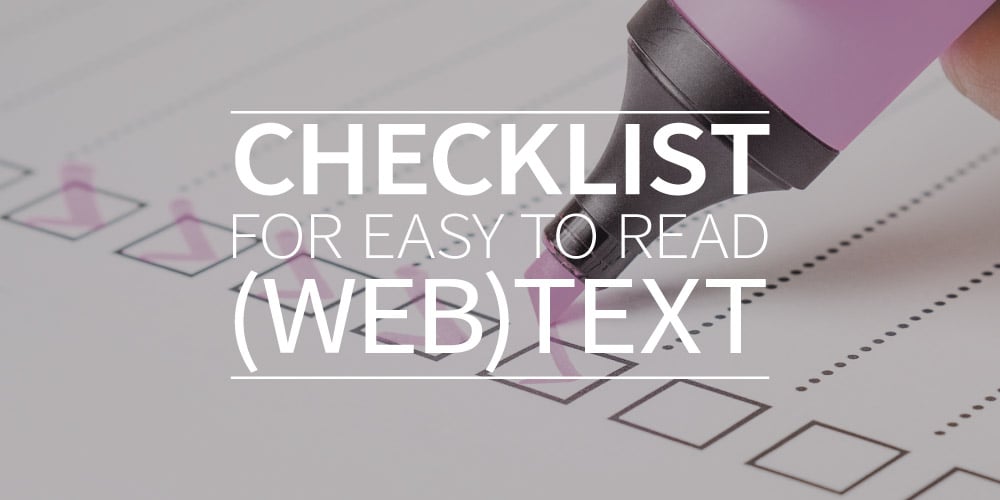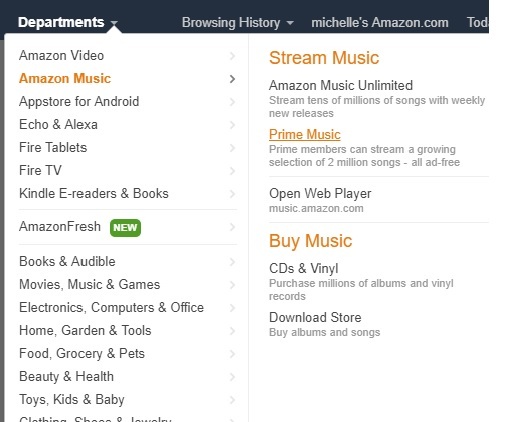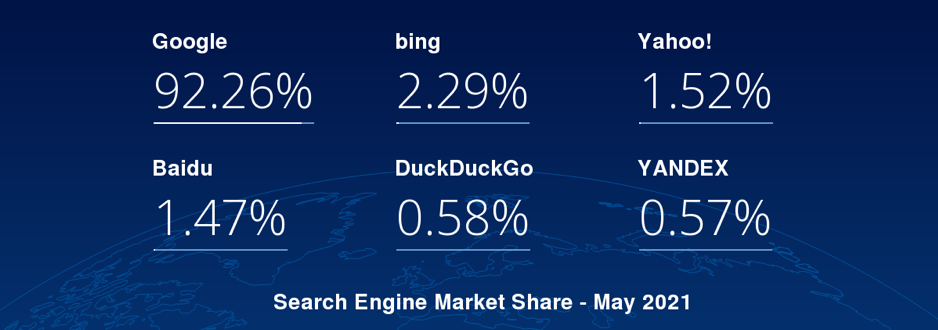You're in the right place! Contact Us

How to Start a Web Design Agency in 2021?
So, are you thinking of starting a web design agency? It’s a glorious idea. Covid-19 has shown businesses how successful or disruptive a good online presence can be for businesses. During this pandemic, we have all seen that the demand for web design has increased and will continue to increase.
Today, it’s much more common to start your own business. After learning all the necessary skills about web design such as coding, designing, photoshop, SEO, IT, and more, everything is easier now and only a few steps are left for starting a web design agency.
When you know the steps and have a plan, you can launch your agency successfully. It takes time to rise and succeed in a web design business, so you should manage your expectations and set yourself up for achievement.
Here are some necessary steps you need to check out to get started to turn your skills successfully into a career, complete the startup process and launch your agency.
Discover How Being Insights Driven Can Leverage Growth
Our leading industry experts will be discussing what you really need to know to future-proof your organizational success, using the valuable business insights at your fingertips.
Before starting your web design agency
You should know web designing includes tasks that require programming technical skills and knowledge in site usability. These skills, including being familiar with designing tools and knowing coding languages such as HTML and CSS, are essential for any web designer.
However, by choosing the best platforms such as WordPress, Wix, Squarespace, Joomla, and Drupal, you don’t even have to learn every detail about HTML and CSS. These platforms automatically do everything and make your work easier. Learning these platforms that give you speed is as simple as using them. However, expertise in your field brings you more success in the long turn.
The other thing is finding out what you like most to determine in











